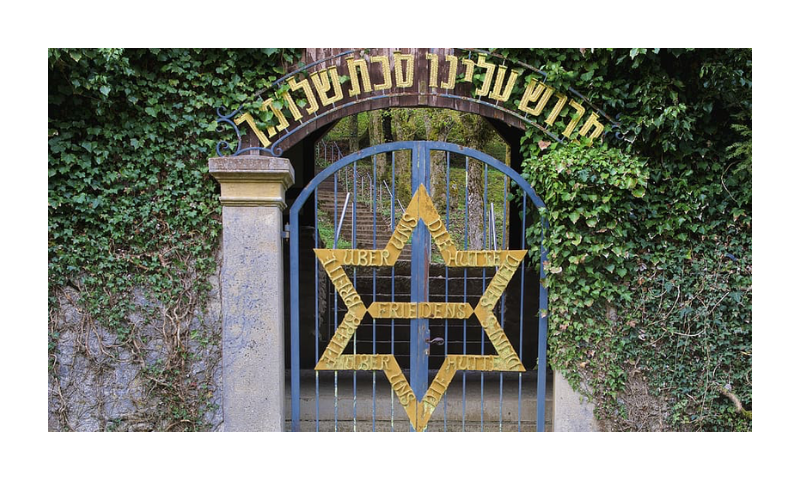CDR. David Levy
BESA Center Perspectives Paper No. 2,204, June 27, 2023
“… in response to a question about the deadly Djerba synagogue attack, Saied replied that Palestinians “are killed every day” and “no one talks about it.”
Tunisia, like its sister Maghreb states, Egypt and Morocco, is a moderate North African Sunni Muslim Arab country. Like them, it is aligned with the West regarding national security and foreign policy questions. Tunisia’s principal trade partner is the European Union (EU), with France its single largest trade partner. Tunisia has maintained a relationship with the US ever since gaining independence in 1956, marked by collaboration on political, economic, and security issues. The US has extended financial aid, technical assistance, and support to Tunisia, particularly following the democratic transition in 2011. The Tunisian military purchases European and American equipment, and its military engages in joint exercises and counter-terrorism efforts. Yet even with Western ties and a moderate Sunni population, Tunisia’s relationship with Israel remains markedly icy compared to that of its Arab state peers.
Egypt and Israel signed the Egypt-Israel Peace Treaty in 1979. The peace treaty between Jordan and Israel was signed in 1994. With the advent of the Abraham Accords in 2020, Israel normalized relations with the United Arab Emirates and Bahrain, which were soon followed by Sudan and Morocco. Israel has an ongoing not-so-secret security cooperation relationship with Saudi Arabia. Since 2008, Israel has participated in sporting events in Qatar, and in 2021 the two states agreed to trade in diamonds. So why has Tunisia failed to join the others in developing relations with Israel?
Tunisia’s Jewish community
The Jewish community in Djerba, Tunisia, is one of the oldest continuous Jewish communities in the world. It existed even before the destruction of the First Temple in Jerusalem in 586 BCE. Under Muslim rule, the Jewish community was granted dhimmi status like other non-Muslim communities. During the Spanish Inquisition, the expulsion of the Jews led to a second community of Jews in Tunis. They brought Sephardic customs and spoke Ladino, differentiating them from the two-millennium-old Djerba community. … [To read the full article, click here]
____________________________________________


